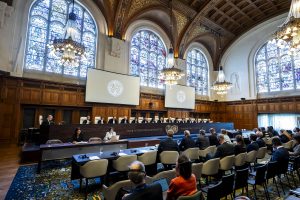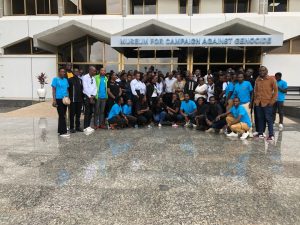Rwanda: 30 Years of Liberation and Environmental Stewardship
2 min read
Environmental conservation has been a priority in Rwanda for the past 30 years since its liberation. The country has taken significant strides, implementing various projects to protect the environment through effective governance, well-structured policies, and strategic partnerships. Today, Rwanda stands as a model in the fight against climate change, which continues to threaten the planet.
Between 1960 and 1996, Rwanda lost approximately 65% of its forests due to soil erosion, improper land use, and deforestation. Through community-centered programs, Rwanda has restored degraded wetlands and reforested the land, achieving forest coverage of 30.4%—equivalent to 724,695 hectares.
In 2005, Rwanda established the Rwanda Environment Management Authority (REMA) to oversee environmental protection efforts. Seven years later, the country launched the Green Fund (FONERWA), designed to finance environmental projects. To date, FONERWA has provided over $247 million (about 320 billion Rwandan francs) in funding, supporting 46 projects and creating 176,000 jobs.
In 2011, Rwanda introduced the Green Growth and Climate Resilience Strategy to promote sustainable economic growth and climate adaptation. The strategy, developed with UNDP support, aligns with Rwanda’s Nationally Determined Contribution (NDC) under the Paris Agreement, aiming to reduce greenhouse gas emissions by 38% by 2030, equivalent to 4.6 million metric tons.
Rwanda was the first country authorized by the UN’s Green Climate Fund (GCF) to fund environmental restoration, particularly in the Gicumbi District, where landscapes had suffered extensive degradation. In 2022, Rwanda also joined the Partnership for Action on Green Economy (PAGE), accelerating its vision of a sustainable economy by 2030 and aiming for high-income status by 2050.
Rwanda’s environmental targets include reducing greenhouse gas emissions by 38% by 2030, ultimately reaching net-zero emissions by 2050. Key initiatives involve mobilizing communities to engage in conservation activities, such as tree planting and building rainwater-harvesting structures. Rwanda is also promoting eco-friendly settlements, clean energy, sustainable farming, and waste management.
The Rwandan government collaborates with NGOs and international partners on various projects, such as the Akagera Conservation Project. Additionally, it invests in environmental education, empowering youth to advocate for conservation in their communities. These awareness programs support biodiversity conservation and anti-erosion measures nationwide.
Furthermore, Rwanda is investing heavily in renewable energy to reduce dependency on fossil fuels, curb deforestation, and cut emissions. Modern agricultural techniques and eco-friendly urban and rural housing projects also play a vital role in this national effort to protect the environment.
By Telesphore KABERUKA



